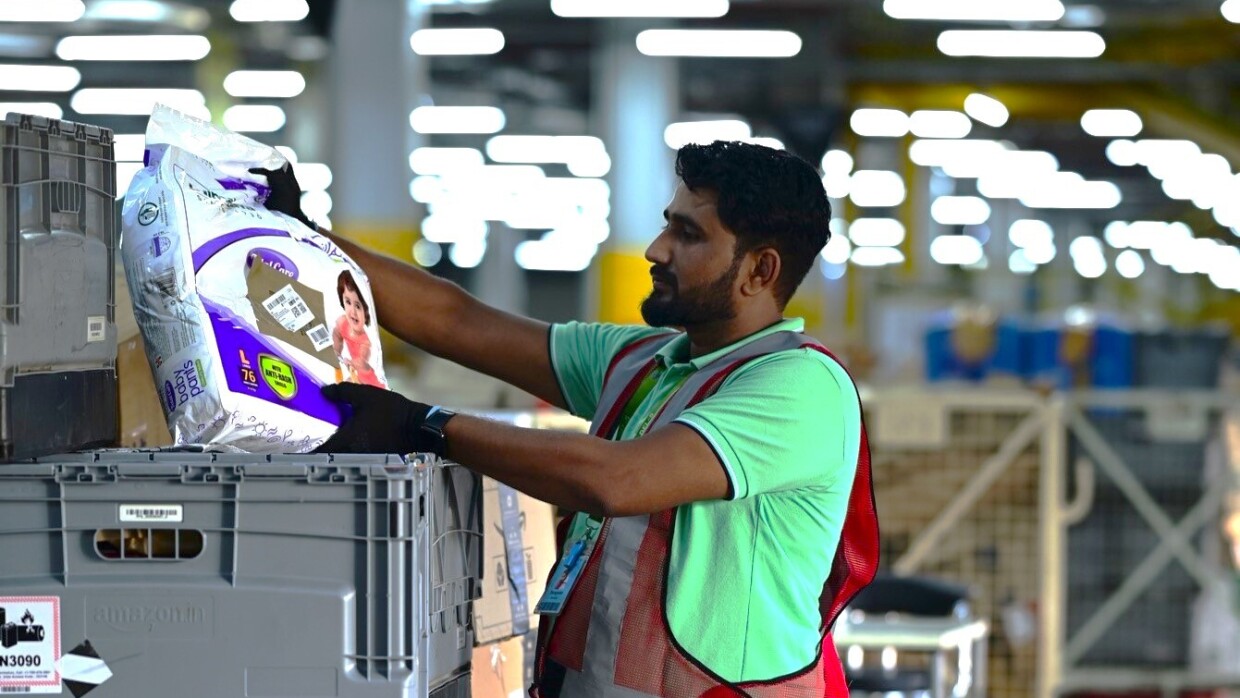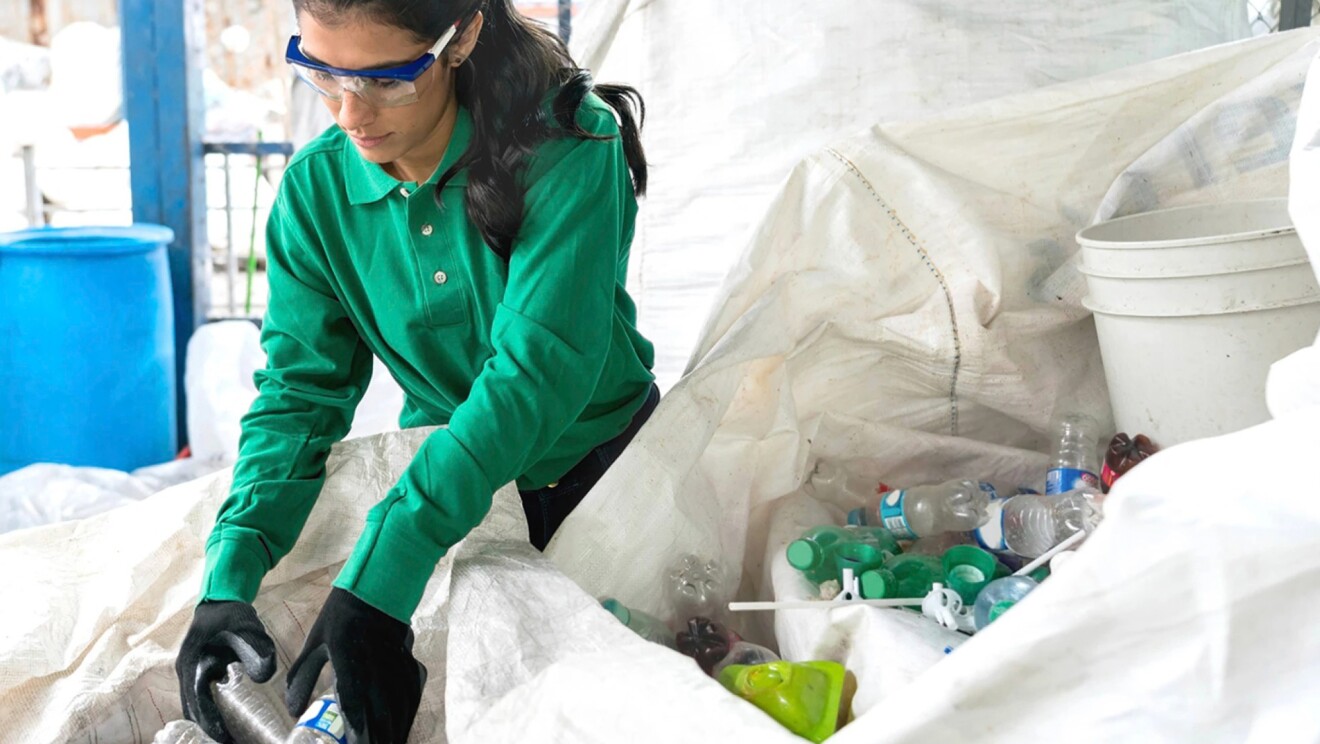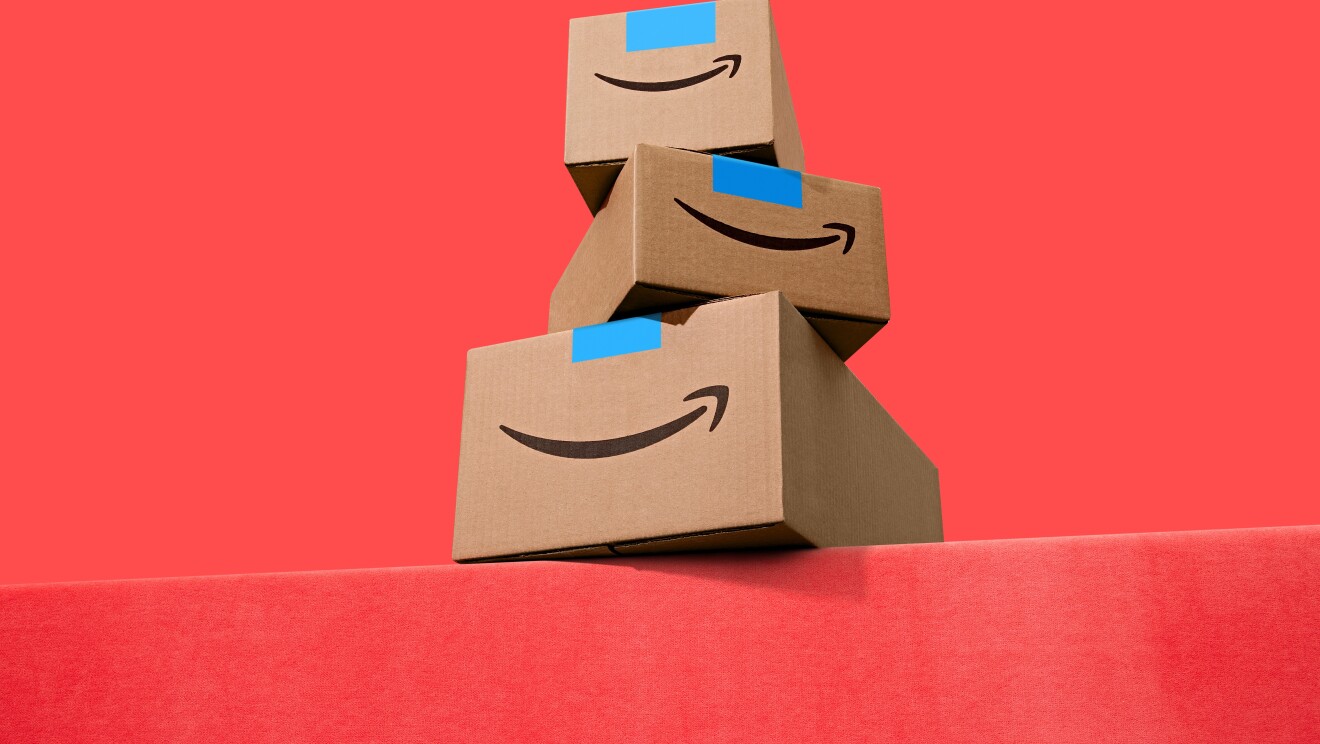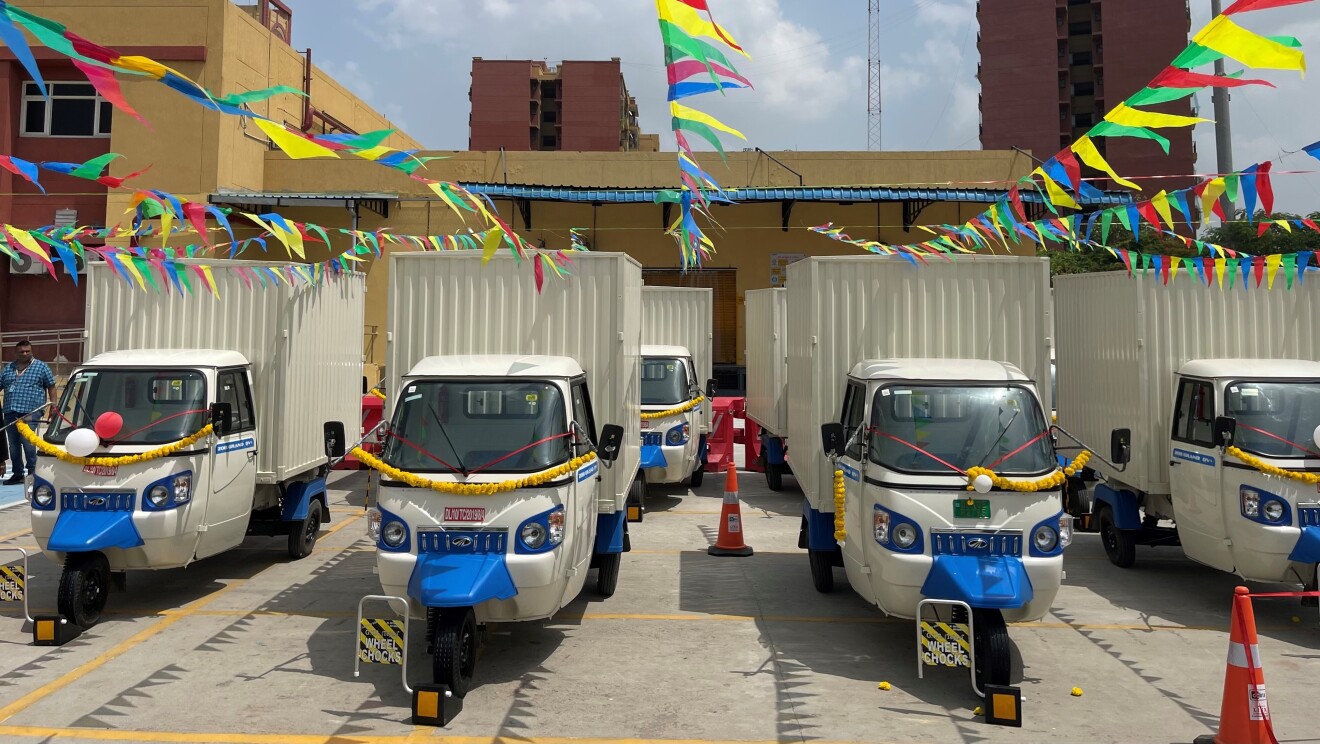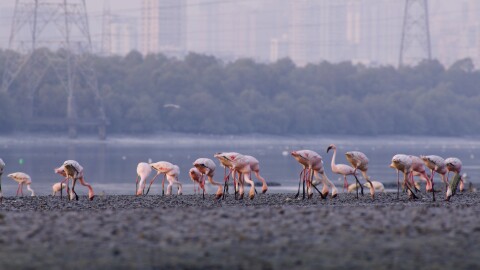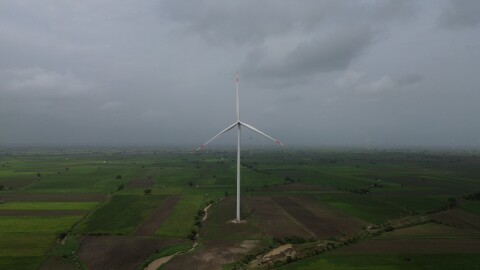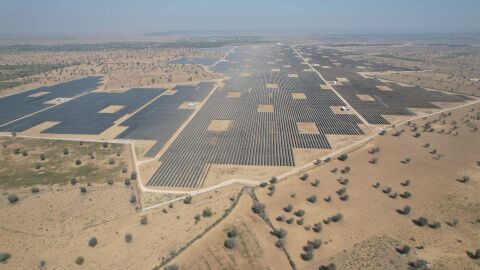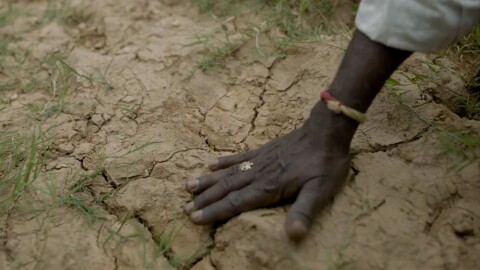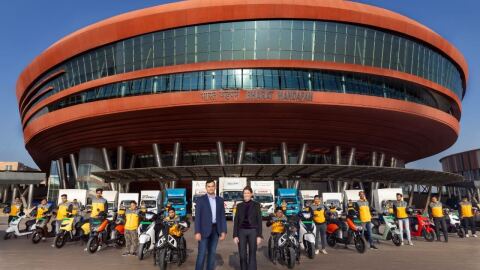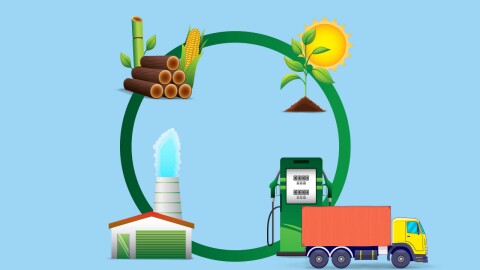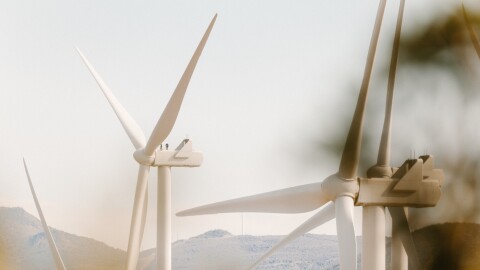Marking a milestone in its sustainability journey, nearly one in two orders (47.5%) from Amazon’s India fulfilment centres now ship to customers with reduced or no added packaging. As part of the company’s commitment to reduce packaging, Amazon avoids adding its own packaging for individual shipments by delivering multiple shipments in a reusable crate or a corrugate box. Amazon now makes these deliveries in over 300 cities in India, up from nine cities in 2019.
Replacing thin-film single-use1 plastic packaging material with paper and cardboard-based packaging across our India fulfilment network has helped Amazon India avoid 5,300 metric tons of plastic packaging in the last three years.
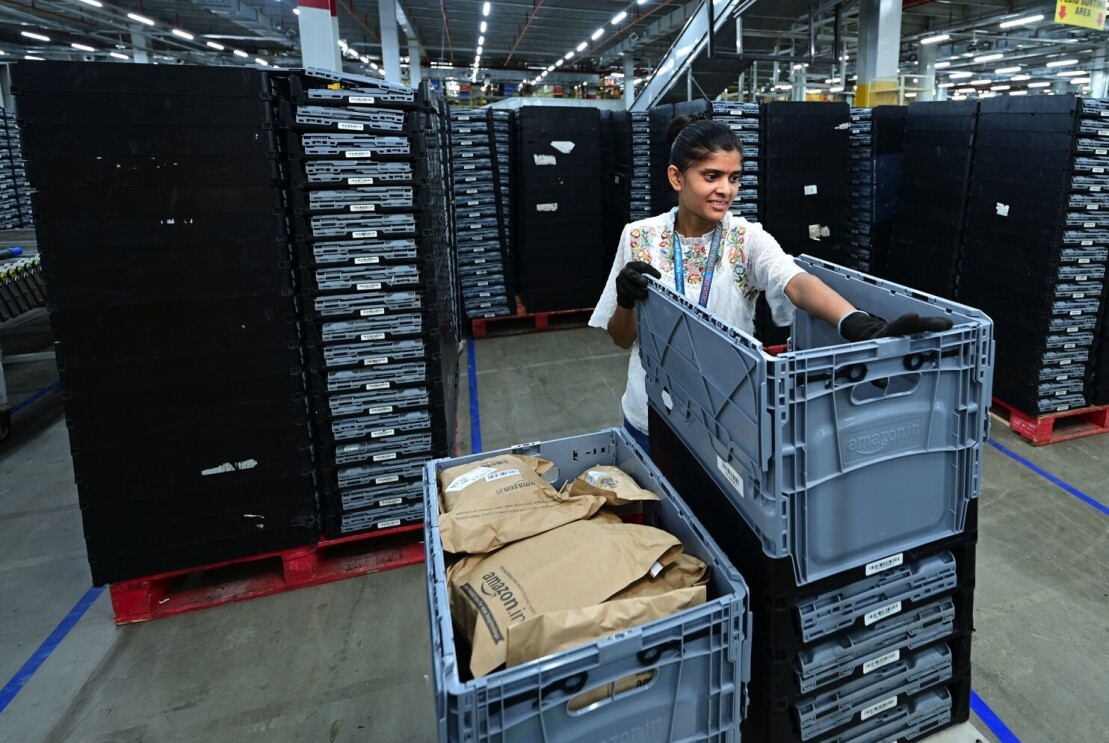
Leveraging the power of machine learning
This progress is driven by machine learning algorithms that analyse product categories, customer locations, and travel distance to optimise packaging for each shipment and minimise material use.
Tech accessories, homeware, home improvement products, shoes, and luggage are some of the products that are often shipped with no added packaging. Items such as liquids, fragile goods, and personal care items that need additional protection during transportation continue to be shipped with added packaging. Customers can also use the opt-in feature to enable the added packaging option during checkout.
At Amazon, we are relentless in our commitment to reduce packaging as we work to become more sustainable across our operations. I am proud of the progress we’ve made, and we’ll continue to build on this momentum to further reduce the amount of packaging that customers in India receive
Globally, Amazon continues to make significant progress to reduce packaging. We have reduced the average weight of outbound packaging per shipment by more than 41%, and eliminated more than 2 million tons of packaging material since 2015.
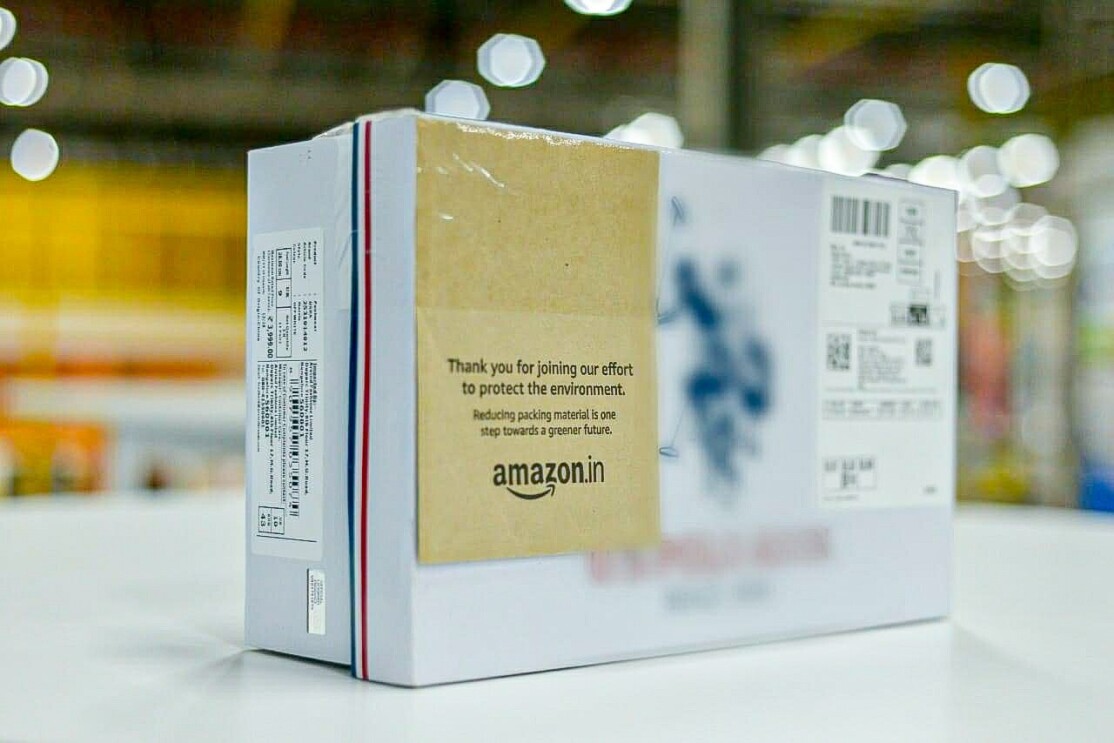
Committed to sustainability across the board
At Amazon, we continue to transform our transportation network by electrifying our delivery fleet. We have worked with our partners to deploy over 6,000 electric vehicles in our India delivery fleet, making deliveries in more than 400 cities.
Recently, we also announced our seventh renewable energy project in India – a new 198-megawatt wind farm in Osmanabad, Maharashtra. This brings Amazon to 50 wind and solar projects locally, surpassing 1.1 gigawatts of capacity and becoming the largest corporate buyer of renewable energy in India.
Amazon is also investing US$15 million in nature-based projects to support communities, climate resilience, and biodiversity in the Asia-Pacific region. The first US$3 million from this fund supports projects in India, creating carbon sinks as well as enhancing wildlife conservation and livelihoods. As part of this effort, we aim to plant 300,000 trees as part of our first project in the Western Ghats.
[1] Thin-film single-use plastic packaging are materials with a thickness of less than 50 microns.


